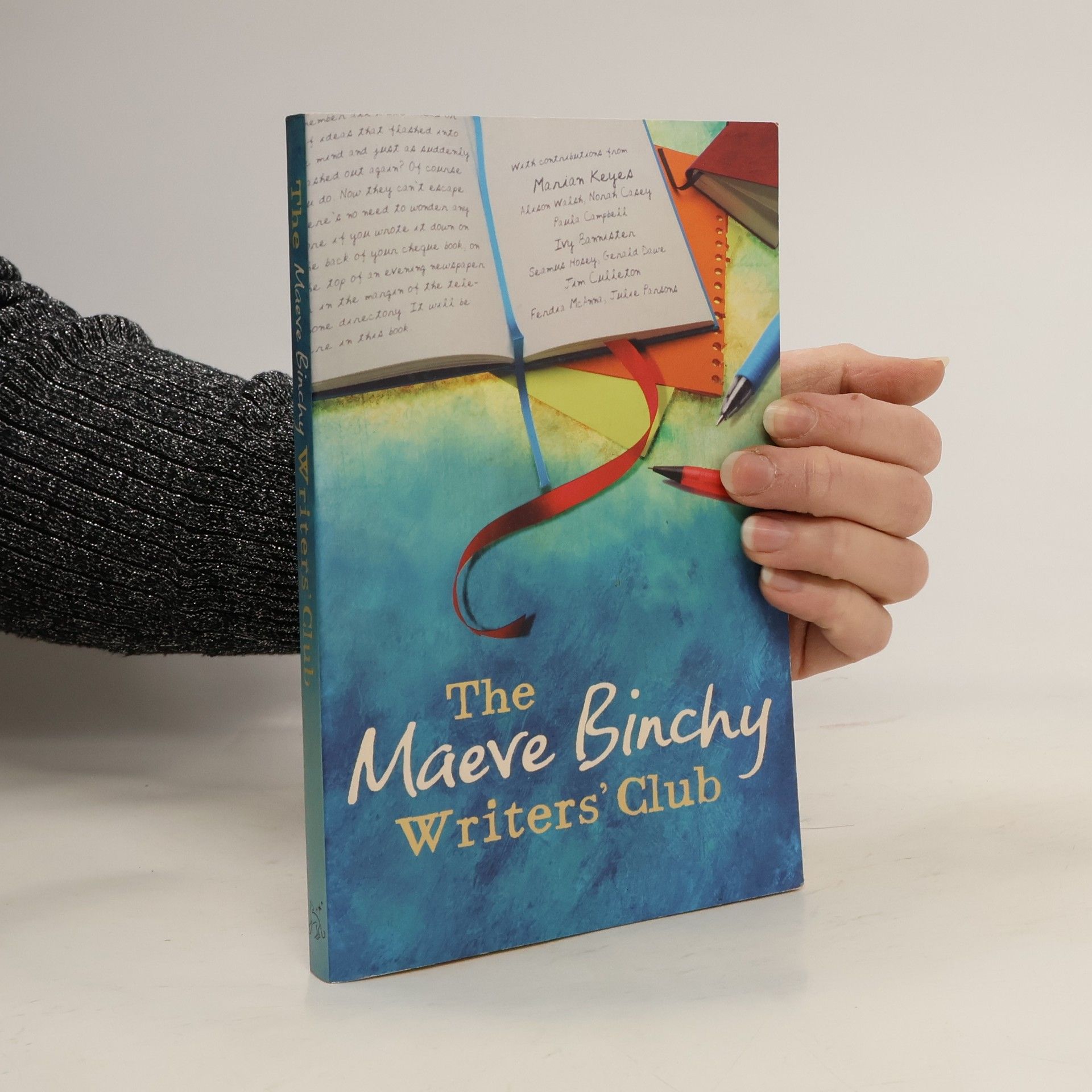A City Imagined
- 130pagine
- 5 ore di lettura
A City Imagined is a paean to the city of Belfast and its writers. Written in his highly regarded wry and lyrical style, Dawe’s memoir sketches the outlines of his life as he starts to understand the city in which he was born, before embracing some of the local writers whose early work had such an influential part in nudging him in the direction of writing— poets, in the main, whose first books were read with the enthusiasm of a young man beguiled by the language and music of poetry. Building on the critical acclaim of In Another Van Morrison & Belfast and Looking Through You, this third and final volume of the Northern Chronicles trilogy completes a fascinating and rich portrait of the celebrated poet’s tangled and ever-evolving relationship with his native city.


